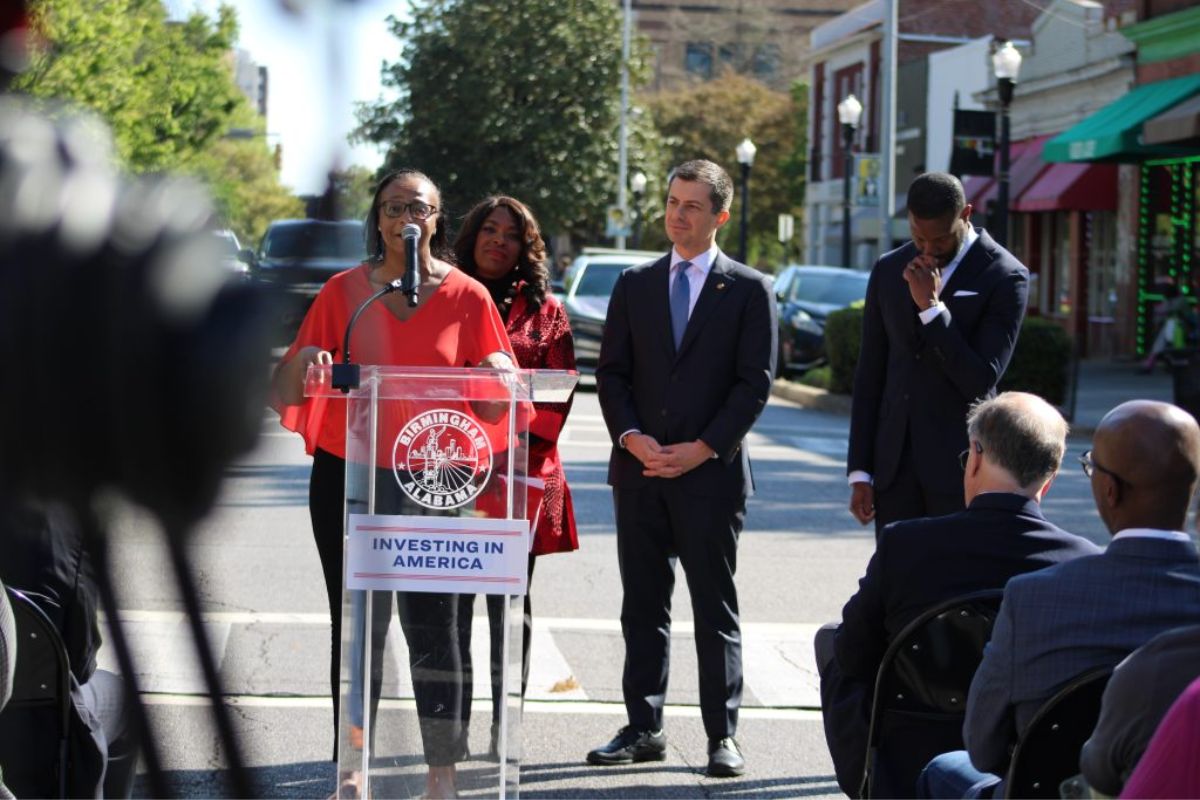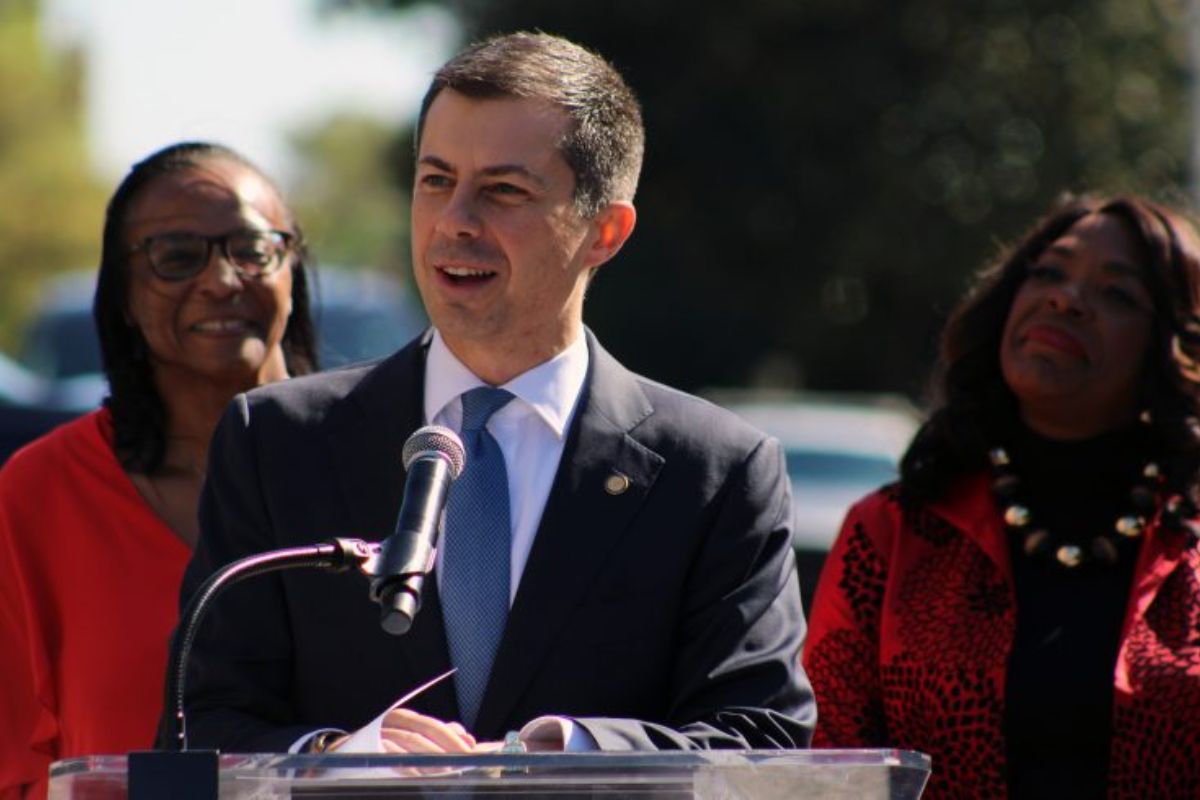Buttigieg Boosts Revitalization: U.S. Transportation Secretary Pete Buttigieg’s $14.5 million federal grant kickstarts a rejuvenation in Birmingham’s 4th Avenue Historic District, countering years of neglect. The ambitious project targets restoring the heritage and economic vitality of a former thriving Black community hub impacted by past infrastructure choices.
Mayor Woodfin’s vision includes redesigning the district layout and reducing reliance on cars, paving the way for unity and inclusivity in Birmingham. Potential expansion of Interstate 65 raises concerns, stressing the need for thoughtful evaluation. This revitalization effort not only corrects historical injustices but also sets the stage for equitable and community-aligned development.
Historic District Revitalization Grant Announcement
The Historic District Revitalization Grant Announcement marks a significant milestone in Birmingham’s efforts to restore the cultural and economic vibrancy of the 4th Avenue Historic District. U.S. Transportation Secretary Pete Buttigieg, alongside Congresswoman Terri Sewell and Birmingham Mayor Randall Woodfin, introduced a $14.5 million federal grant aimed at revitalizing the district. This injection of funds signifies a commitment to preserving the district’s historical significance and rejuvenating its economic potential.
The 4th Avenue Historic District, once a thriving center for the Black community, faced a downturn following the construction of Interstate 65 in the 1960s. The highway’s intrusion fragmented the area and altered its urban fabric, leading to a decline in businesses and community cohesion. With this grant, Birmingham aims to reverse decades of neglect and restore the district to its former glory. The revitalization efforts will not only enhance the physical landscape of the district but also provide opportunities for economic growth and cultural preservation.
Historical Context and Community Impact
Amidst Birmingham’s rich historical tapestry, the 4th Avenue Historic District stands as a poignant reminder of both the city’s past struggles and its potential for community revitalization and unity.
The area, once a thriving hub of Black-owned businesses and cultural significance, fell victim to past infrastructure decisions that disrupted its layout and divided the community. Buttigieg, during the press conference at the Carver Theatre, acknowledged this historical significance and the adverse impact it had on Birmingham’s Black community. He emphasized the importance of rectifying these past injustices through restoring the district’s original layout and addressing physical barriers that impede community cohesion and pedestrian safety.
Mayor Woodfin shared this sentiment, expressing optimism about reducing the city’s dependence on automobiles by redesigning streets and enhancing infrastructure. By recognizing the historical context of the 4th Avenue Historic District and its community impact, Buttigieg and Woodfin aim to not only revitalize the area but also promote unity and inclusivity within Birmingham.

ALSO READ: Alabama’s 2nd Congressional Candidates Debate Infrastructure, Health Care
Political Perspectives and Future Plans
In light of ongoing discussions surrounding infrastructure development and community priorities in Birmingham, key political perspectives and future plans are shaping the trajectory of revitalization efforts in the city.
Congresswoman Sewell highlighted the historical marginalization of African American communities due to past infrastructure projects, stressing the importance of equitable development moving forward. She emphasized the need for projects to provide opportunities for all residents.
Meanwhile, concerns have arisen regarding the potential expansion of Interstate 65. Secretary Buttigieg acknowledged the possibility of future grants related to Alabama’s interstate plans but stressed the importance of careful evaluation. He emphasized the need to learn from past mistakes to make certain that any highway expansion aligns with genuine needs and community priorities.
News in Brief
Buttigieg’s announcement of the Historic District Revitalization Grant in Birmingham marks a significant step towards the revitalization of the community.
The historical context and community impact highlight the importance of preserving the city’s heritage while fostering economic growth.
From a political perspective, this initiative showcases a commitment to urban development and community engagement.
Moving forward, the future plans for revitalization in Birmingham hold promise for continued progress and revitalization efforts in the city.

